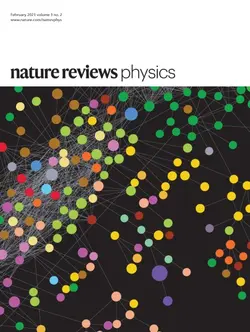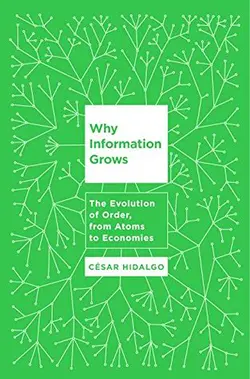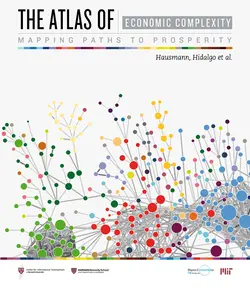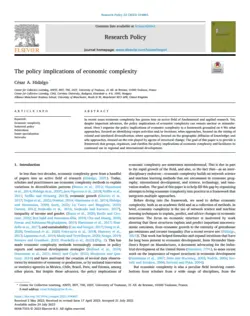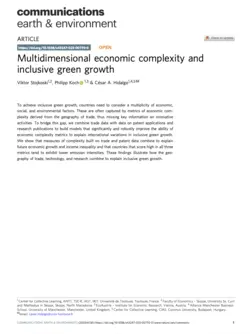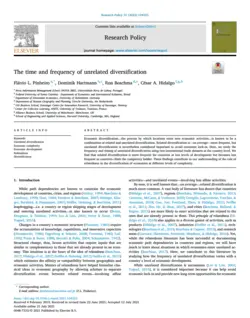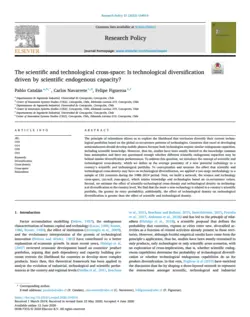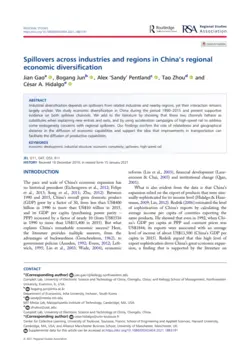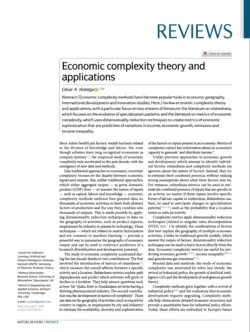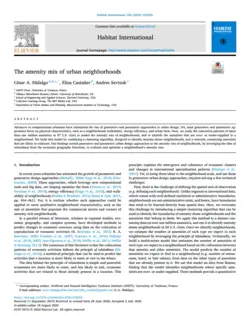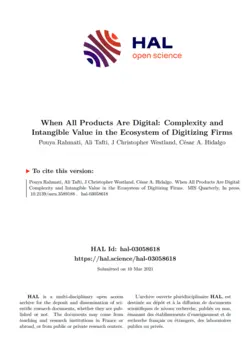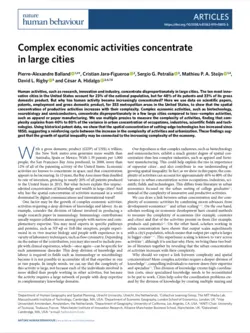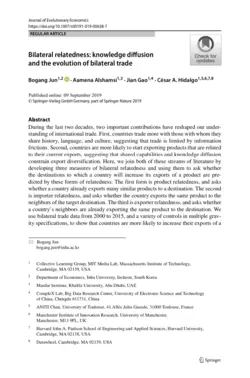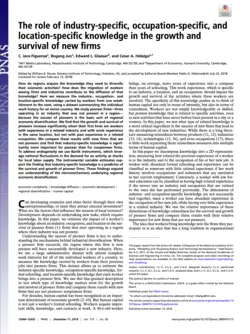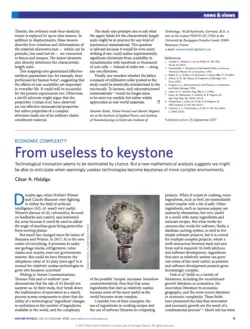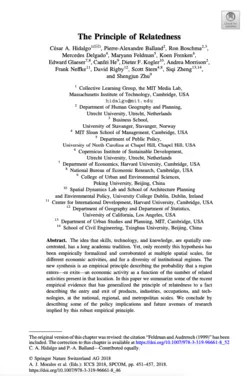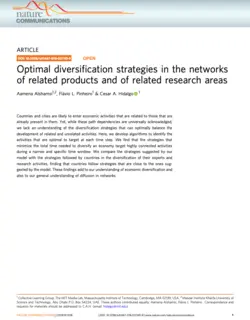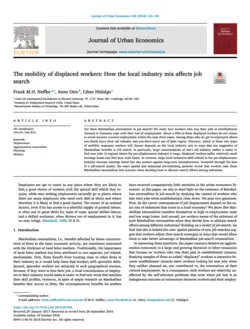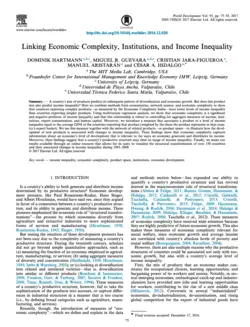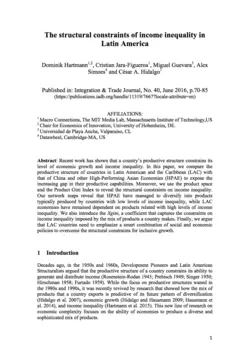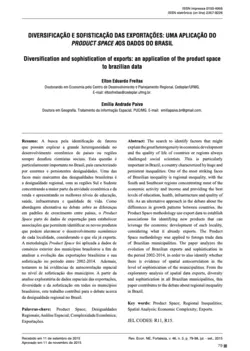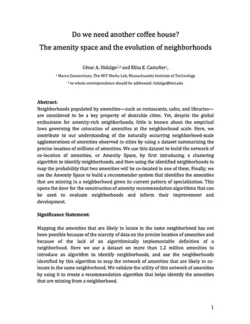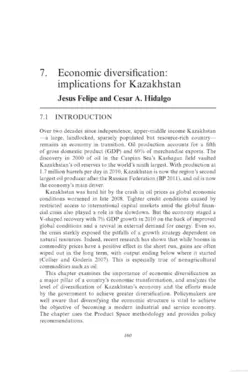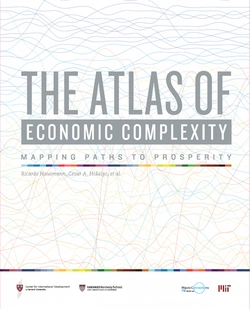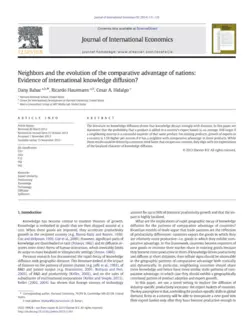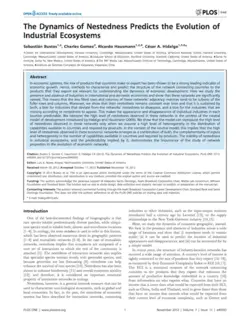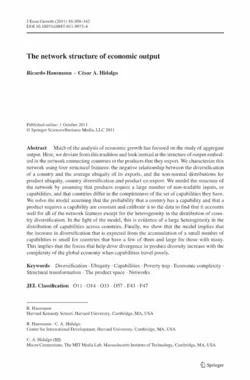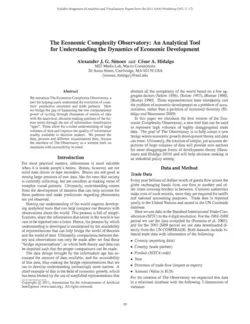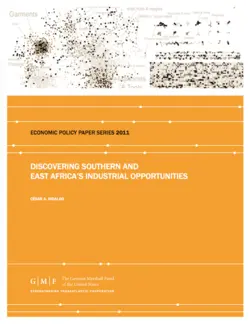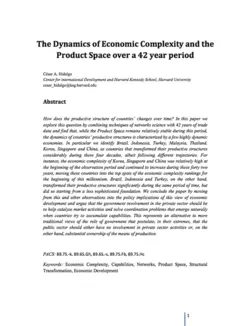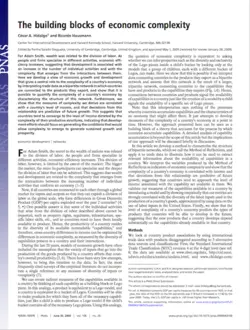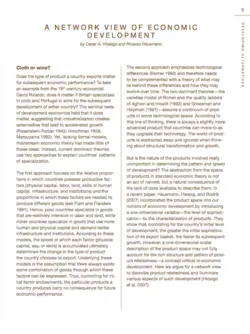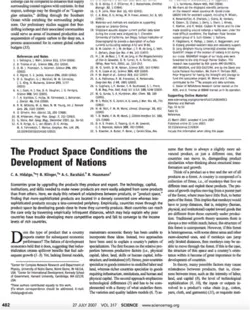Author(s): César A. Hidalgo, Pierre-Alexandre Balland, Ron Boschma, Mercedes Delgado, Maryann Feldman, Koen Frenken, Edward Glaeser, Canfei He, Dieter F. Kogler, Andrea Morrison, Frank Neffke, David Rigby, Scott Stern, Siqi Zheng, Shengjun Zhu
Date: 2018
Type: Paper
Journal: ICCS, Springer Proceedings in Complexity (2018)
The idea that skills, technology, and knowledge, are spatially concentrated, has a long academic tradition. Yet, only recently this hypothesis has been empirically formalized and corroborated at multiple spatial scales, for different economic activities, and for a diversity of institutional regimes. The new synthesis is an empirical principle describing the probability that a region enters—or exits—an economic activity as a function of the number of related activities present in that location. In this paper we summarize some of the recent empirical evidence that has generalized the principle of relatedness to a fact describing the entry and exit of products, industries, occupations, and technologies, at the national, regional, and metropolitan scales. We conclude by describing some of the policy implications and future avenues of research implied by this robust empirical principle.
